About Haywood Mann
Our team
Our team is a powerful force – there are over 400 years of solid business experience bundled in it. We have a lot of in-depth knowledge about what it takes to align, execute and renew faster than the competition and we have some clear views, based on our experiences in a broad range of businesses. Read our views below on some of the key questions that business leaders ask themselves.

Nicole Bachmann
Managing Director
Nicole is a multi-lingual, masterful coach and facilitator, who designs, tailors and runs highly effective development programmes for teams and senior executives.
What is the coach approach to leadership and why should you care?
Leadership in the 21stCentury is working under changed parameters. Hierarchies are getting flatter, the environment, markets and technologies are changing at an ever-increasing rate. Companies that want to be around for the long term need to adapt at the same speed. Without engagement of the whole workforce, this is very hard. The coach approach to leadership – as many of our clients are finding out – fosters that engagement and creates an environment where people find it easy to solve problems creatively, show up to work motivated and look for and identify opportunities.
How many of your people learn from their mistakes – and successes – and what would change if they all did?
A company’s attitude to failure defines it and the progress it can make. If failure is encouraged as a way of learning and improving – ensuring we don’t repeat the same mistakes again and again – you create an environment, where your people are willing to have a go and expect to develop. If you add to that analysis of success, you are taking your people and your business to a different level of competitive advantage. It never ceases to amaze us, how few of our clients apply this approach before they start working with us – and the difference it makes, once they do so.
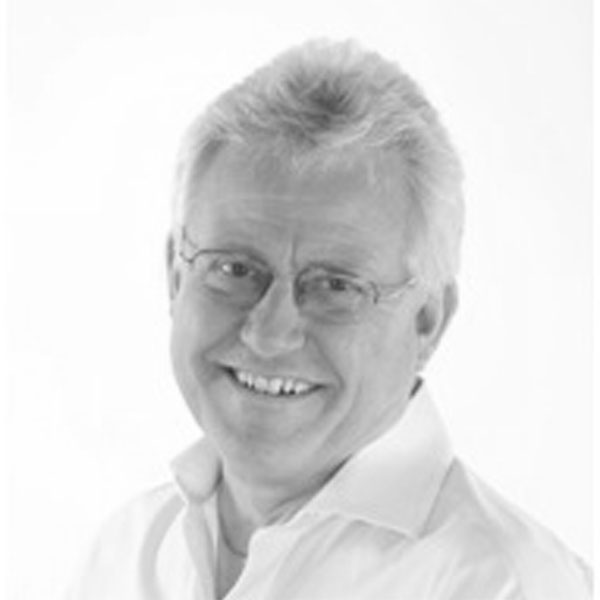
Andrew Hall
Senior Consultant
Andrew is an experienced senior executive who coaches and mentors owners and entrepreneurs, in a broad range of businesses, to achieve greater clarity and better results.
How consistently do your operations deliver performance in line with your strategy?
For long term competitive edge, consistency of performance is a crucial pre-requisite. Alignment to strategy is also critical and depends on effective communication and engagement with your people, right across the business. Many of our clients know this – but doing it is a different matter. When you enable your people to really grasp their role in delivering the strategy, you will see the evidence, not just in performance but, in flexibility, innovation and commitment – all key elements of your competitive edge.
What do you do to ensure you are striking the right balance between the value you deliver and the profit you make from each client/customer?
Highly successful businesses have great clarity about – (a) how they make money and (b) the value they deliver to their customers. Sadly, we’ve lost count of the number of business owners and leaders that have been unable to tell us where their profits come from – i.e. which clients, services, products, etc. and/or what their customers truly value in the products/services they buy. By implementing very effective systems and processes to ensure you always know how well you are doing against these criteria for value and profit – and by being ruthless in tackling any situations that are out-of-line – you will leave your competitors in your wake.

Chris Ball
Senior Consultant
Chris is a business manager with an invaluable blend of technical and financial experience that enables him to assist clients to translate complex ideas into financially sound strategies.
How do you know your resource deployment is adequate to achieve your strategy – and what happens if it isn’t?
By adequate we mean: having what you need – plus sufficient contingency and flexibility – to satisfy your strategic intent. That’s about the measures you have in place, your benchmarks, flexibility and how rigorous you are in your attention to detail. In our experience most organisations are able to find ways to reduce headcount, assets, expenditure, etc. when necessary, often with a beneficial effect after the pain. In other words, there’s usually some excess capacity in the business – a competitive disadvantage.
We find that, even when there is no “spare” capacity, with the right leadership and application of resources – clearly aligned to the strategy – highly effective organisations are always able to “do more with less”.
How do you ensure sufficient liquidity, strong cash flow and a sound capital base to support your plans – and do you need all 3?
Yes – you do need all three and most business leaders would agree. A harder question, that many of our clients do not consider until we arrive, is: what is right for OUR business given our strategy? To have the capability to be competitive over the long term, we have found you need all three elements present at the same time. Therefore, we work with our clients to evaluate what they will need in terms of liquidity, cash flow and capital, so that they will have the financial foundation and flexibility to support the development of their people and operations that will deliver their growth strategy.
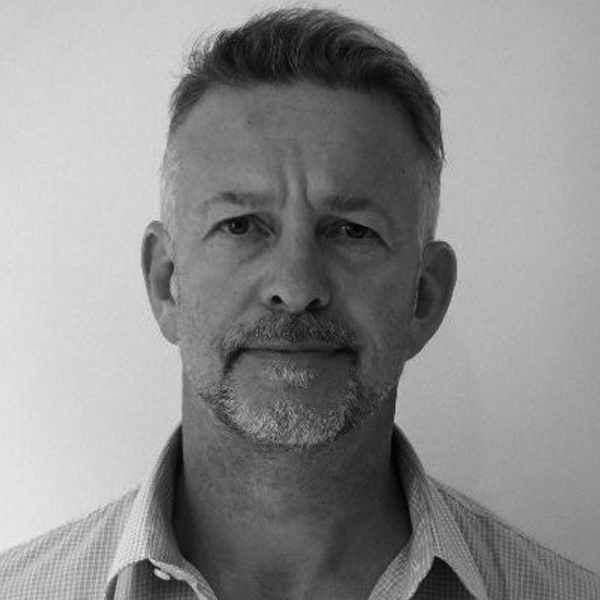
Cliff Findlay
Senior Consultant
Cliff is a straight talking expert in B2B marketing, with more than 15 years’ experience in major advertising agencies, working for blue chip clients.
How do you know if your marketing operation is effective?
In short: if it’s making a clearly measurable difference to your bottom line. Marketing is measurable. All of it. Thanks to the advances in technology, the old adage: ‘50% of our marketing works – but nobody knows which 50%’ belongs into the ice age – and the marketing executives that tell you that, belong there, too. For quite a few of the clients we get introduced to, this is a big surprise and – once they’ve got over the shock – a big relief. They can now plan their budgets and campaigns knowing exactly what they are getting for their buck and, with the right outside help, they can be confident of their return on investment.
Who should you involve in your product/service development, to be long term competitive?
Research has shown that if you want to outrun your competition in the long term, you need to align, implement and renew faster than them – consistently. Pretty scary prospect. The market, industry and development knowledge you need to do this well is awesome. Therefore, you need to involve all your stakeholders – internal AND external – in helping you gain and process that knowledge, so you can apply it to developments that appeal both to your current market and new markets – and continue to do so in the years to come.
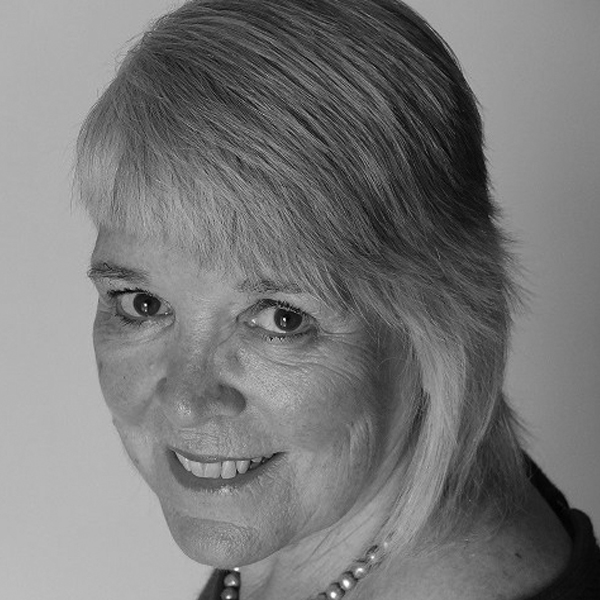
Hilary Oliver
Senior Consultant
Hilary is an International executive and leadership coach and a former board-level director with more than 30 years of experience.
How well does your whole organisation understand where you are going as a business – and how do you know?
Alignment of the whole organisation behind your vision and strategy is a “must” for a business aiming to be in the game for the long term. We often find that senior executives assume their whole organisation knows what they know – and understands the purpose and direction of the business. They have communicated via “Town Hall” meetings, press releases, and brochures and there are posters all over the company. However, they usually discover that a robust process to engage their people in understanding their vision, mission and strategy is necessary to enable the whole organisation to grasp what they are aiming to achieve. Once their people understand what that means in their individual roles there’s a tangible change in commitment, engagement and performance.
How sure are you that you have optimal capability for tomorrow - as well as today?
Organisational capability – understanding the operational needs of today and the business you are aiming to become, ensuring you have the right talent in the right roles now and in the future, managing and developing your people to fit the bill today and tomorrow – is business critical for long term competitive edge.Some of the C-Suite executives we meet have this in hand but many declare their concerns about how well they are addressing this. We usually find a lack of rigorous systems and processes that ensure follow-through on strategic intent and short term operational pressures get in the way of the necessary long term analysis, planning and implementation.
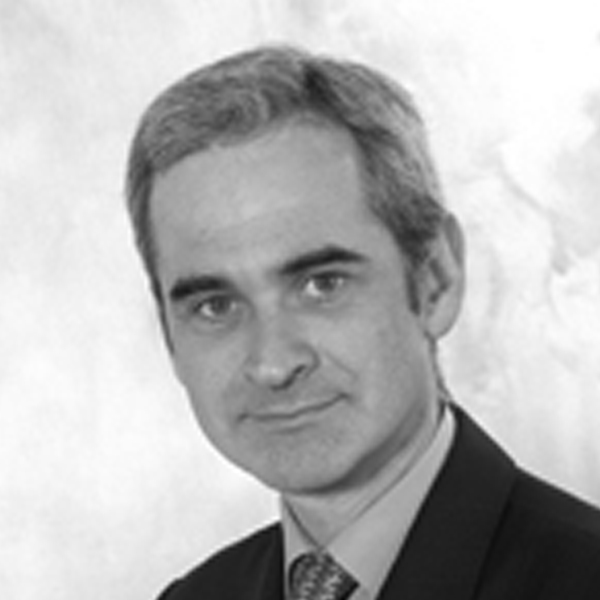
Liam Wall
Senior Consultant
Liam is an experienced FD and CFO, able to provide strategic perspectives and with a laser-like focus on the effectiveness of the finance function within the business.
How many of your leaders really understand the financial drivers of your business and what difference would it make if they all did?
When people really understand how the financial ramifications of their decisions impact on overall business performance, they make better decisions. In our experience, many senior executives leave what they perceive as “the financials” to the FD/CFO and their finance team. However, understanding the basics of financial “cause and effect” and sharing that with all their people, allows your leaders to use a common language to communicate with each other and their teams, thereby underpinning strong teamwork. It also allows you and your leaders to evaluate the effectiveness of their financial decisions against the outcomes you have agreed.
How rigorous are your standards for financial management and do they deliver what you need?
Rigorous standards of financial management start with clarity about what information is needed by the business as a whole. What will support you in delivering the strategy, staying alert to deviations from plan, responding to unexpected or unanticipated events? This is a leadership responsibility. An effective finance function will translate these business imperatives and put in place appropriate systems, processes and standards that are attuned to the needs of the business (not just the finance team). Operational leaders should then be accountable for ensuring the systems and standards are understood by their people and used effectively.

Margit Jones-Hochstrasser
Senior Consultant
Margit is a change agent who leads and facilitates change in a dynamic, intuitive and collaborative way, to bring about improved performance and results.
What’s the difference between effectiveness and efficiency – and why does it matter?
A lot of companies focus on and measure efficiency (doing the thing right) – what they forget is that unless they are effective (doing the right thing) first, efficiency can lead into trouble. Imagine being very efficient at doing the WRONG thing… you’d get exactly where you least want to be – fast. A lot of what we do with clients is about helping them to understand – and implement – that difference. This leads to increases in productivity and motivation and makes a real contribution to the bottom line.
How clear are your people about their role and how does that affect their ownership of it?
Clarity of role is usually taken for granted. People received a job description when you hired them, didn’t they? (Did they?) How long have they been in your employ? How much has their role changed since then? How much has their environment changed since then? When did you last review specifically what is within/without their remit? Those are the questions we discuss with many of the senior Executives of our clients – and the answers are not always what they need to be. Working with our clients to help them get those answers right, makes a big difference to their businesses.
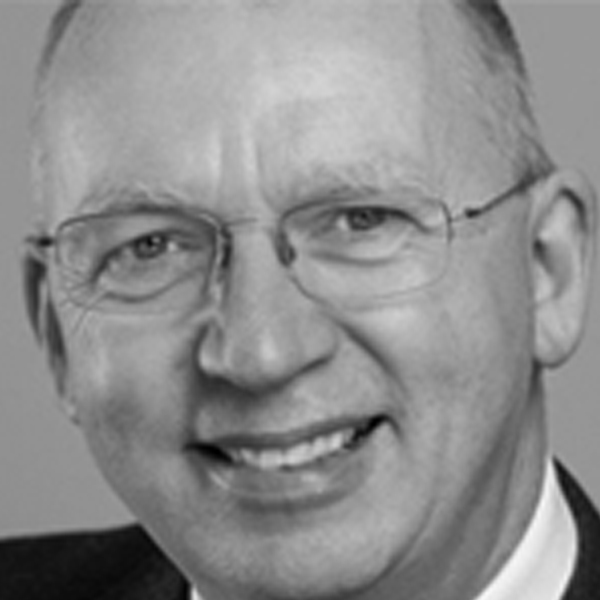
William Buist
Senior Consultant
William is a recognized expert in collaboration for business, uncovering insights that build performance and embedding implementation capability.
What has collaboration to do with long term competitive edge?
Long term competitive edge requires consistent high performance AND alignment, execution and renewal that are consistently faster than the competition. Without effective collaboration with both internal and external stakeholders your chances of getting anywhere near the levels of performance and adaptability you require are pretty slim – as many of the Executives approaching us have found. Effective collaboration has its roots in clarity (about role, task and authority), transparency, accountability and effective communication – in short: it depends on people with the right mindset.
How do you create an environment where people collaborate effectively?
If collaboration is optional, it often doesn’t happen. The same goes for communication. Or rather it happens in pockets between people who ‘get on’ – which looks like a good place to start, but it actually isn’t, as businesses we get to know have found out at quite some cost. It creates silos, ‘friendships’, networks based on personal preference, which usually lead to disenfranchisement of people excluded from those pockets. All of this gets in the way of a constructive, professional working culture and climate, which fosters engagement, effective feedback and collaboration. So let go of the illusion that ‘collaboration happens between good people’ – it only does if it is facilitated and fostered by structures and processes that create a highly collaborative attitude.
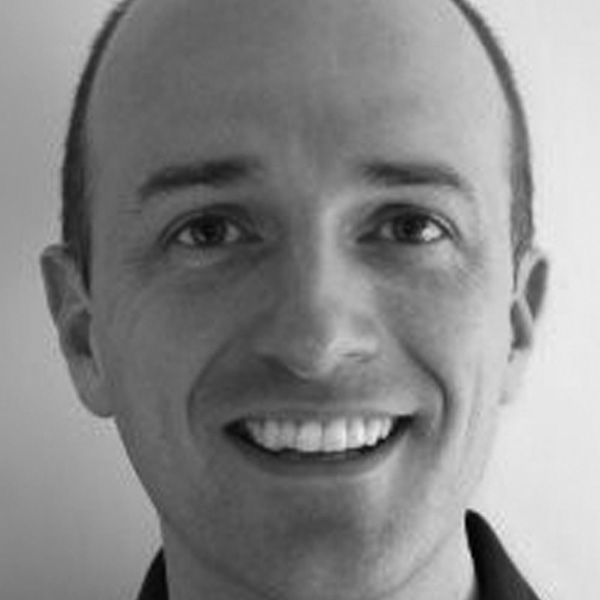
Paul Field
Senior Consultant
Paul is a very rare combination – a brilliant technical mind, who is passionate about ensuring alignment of systems with your organisation’s strategy, and a skilful coach making sure your people optimise your systems to deliver what you really need to achieve operationally.
What are you doing to ensure your systems enable your business to respond to changing business needs?
Markets and technologies are changing at an ever-increasing rate and businesses risk losing out to competitors who adapt faster or bring disruptive innovation to the market. Facing that uncertainty head on and taking the lead in using it to your advantage is the key to a highly successful modern business.
Often companies act as if it’s possible to know and predict everything; responsive companies instead value not knowing and have controlled processes that allow rapid experimentation and learning to produce exceptional business agility. In conjunction, when you encourage your people to respond to change innovatively, you’ll be surfing the waves of change while your competitors are drowning.
How do you ensure your systems support your strategy effectively?
Systems are created by people; people that are often several steps away from the strategy and motivated by other factors. This kind of poor communication leads to inefficient systems that are difficult to change and, in the worst case, cause the strategy to fail from poor implementation.
Successful companies ensure that the strategy and the value it brings to the company are clearly understood by their people and when you make that relevant and show people how they can contribute, you not only get systems that effectively support your strategy, you get motivated staff and innovative ideas for an even better business.
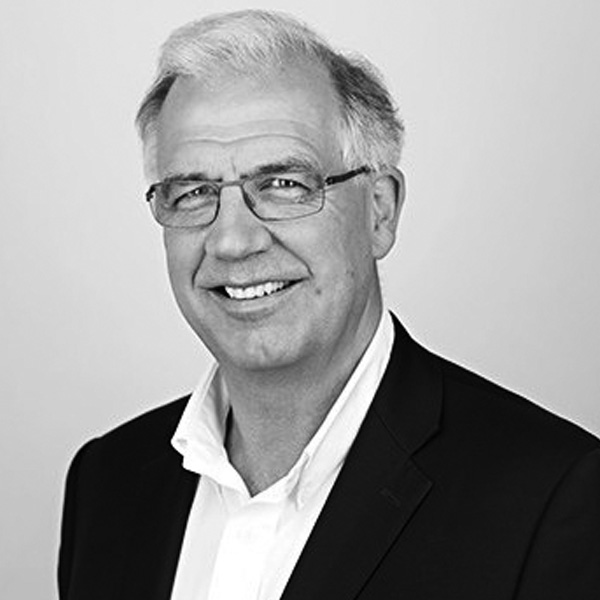
Paul Matthews
Senior Consultant
Paul is an acknowledged authority on informal learning and workplace performance support. He extols the virtues of integrating informal learning into the culture of organisations in order to thrive in an increasingly competitive world.
What forms of learning will have the most positive impact on the performance of your business?
Your people are key to long term competitive edge – if you can teach, coach and train them in your ways, culture and methods. We are seeing a steadily growing awareness, among the businesses we speak to, that informal learning is critical for ensuring the application of learning and sharing of knowledge in the workplace. When coupled with a coaching style of leadership, informal learning plays a major role in organisational capability and employee engagement, which in turn deliver enhanced business performance.
How do you ensure all your people understand how your organisation works?
This may seem like an odd question – surely everyone in your business knows that? Our experience is that clients often make that assumption and then find part of the reason their people don’t always deliver of their best is because they lack an adequate understanding of how the business really works – by which we mean, how it makes money, how it delivers value to clients, why clients buy from it, etc. Putting in place effective induction activities for new staff and development processes for new managers massively enhances understanding – especially as part of an informal learning culture.
Free Insight: Competitive Characteristics
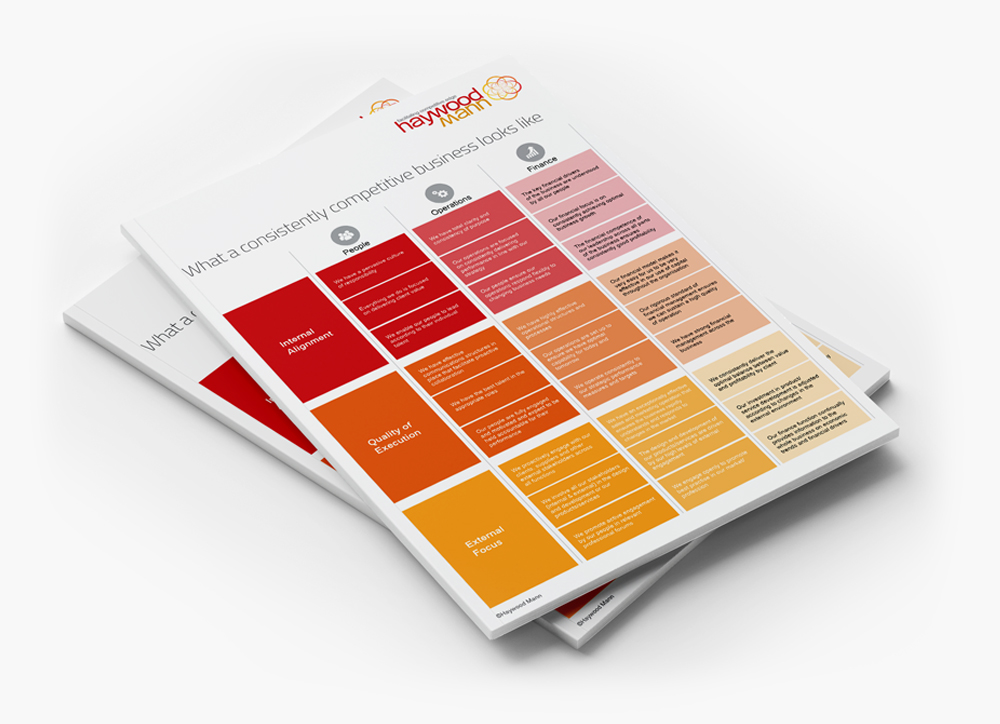
Intrigued to know how our team would enable your teams to
become the catalysts you need?
